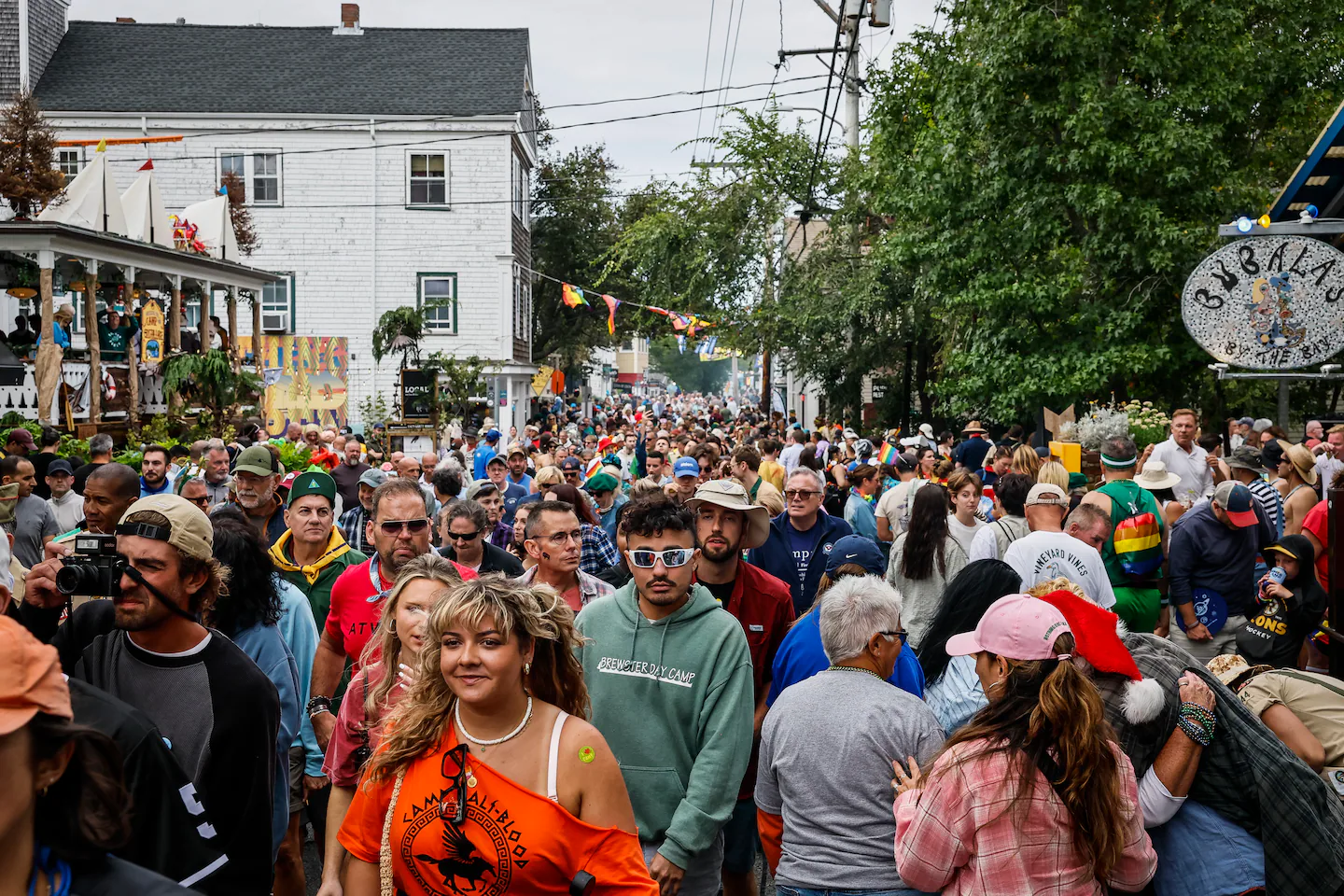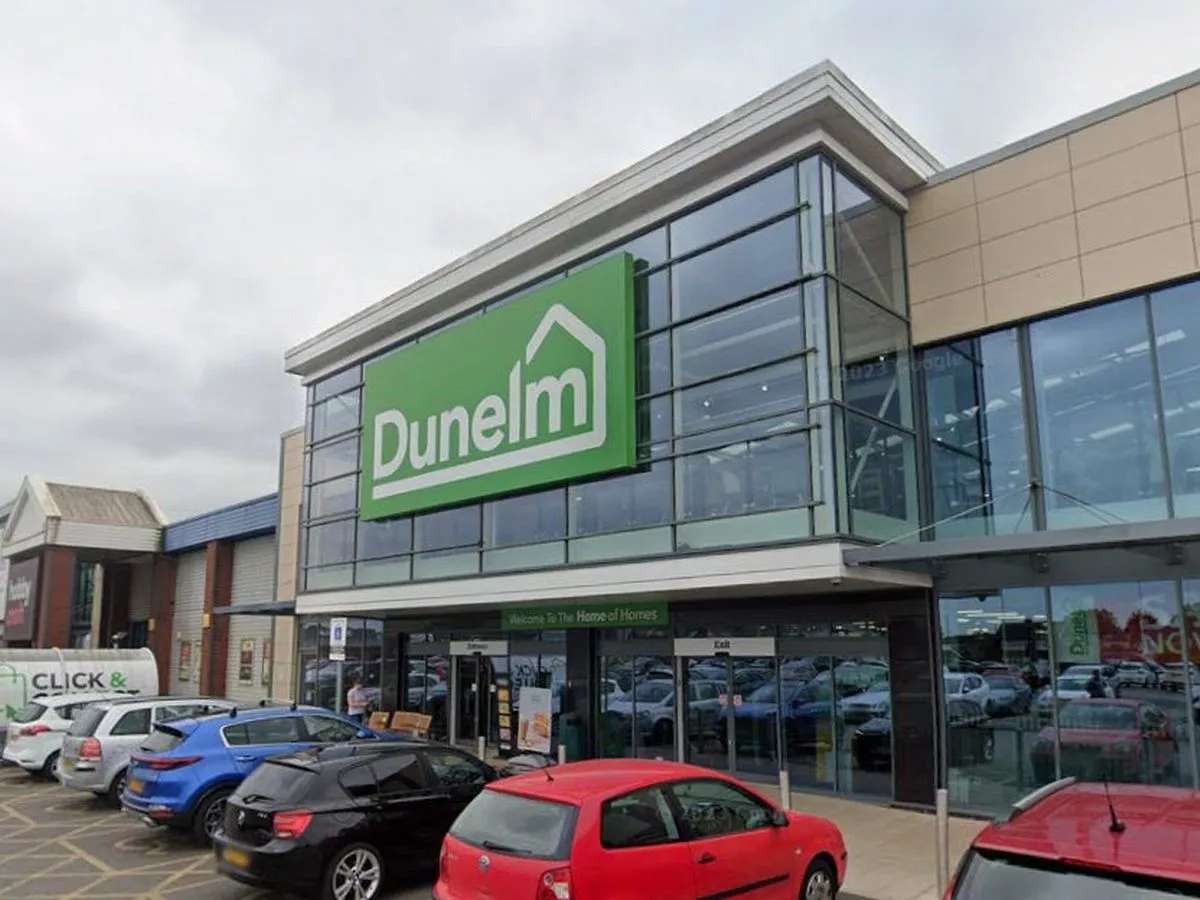At the tip of the Cape, this town’s tourism scene is changing and locals are watching closely

They keep operations lean: Cottner handles reservations and cooks breakfast, while Scaturro takes care of laundry and gardening. “It’s just Josh and me. It’s a lifestyle,” Cottner said. “I get why it’s hard if you have to pay a manager, but too often places cut corners — offering a $5 coffee voucher and calling it breakfast. You can’t even buy a $5 coffee here. We work it. We’re completely hands-on.”
But those unique inns, which have helped define the Provincetown experience for decades, are in decline in terms of sheer numbers as larger operators increasingly manage the town’s commercial land.
That has created a slow dwindling of licensed lodging, from nearly 100 inns and hotels in 2010 to 82 this year, which has heightened a community debate over how to keep Provincetown’s character intact. Short-term rentals, including Airbnb and Vrbo, have also fallen sharply, from more than 1,200 in 2019 to 855 licensed today.
As a consequence, this summer, frequent visitors noticed higher lodging prices and inns with no vacancies.
P’town, as it’s affectionately known, has long been celebrated for its mix of history, art, and unapologetic individuality. Still, some described the nascent change as the “Nantucket-ization of P’town.”
“It doesn’t feel like the town has changed. It’s still a fishing town, a Portuguese town, but there’s a big tension on keeping its character,” said Judd Schechtman, an environmental planning scholar and a longtime P’town visitor. “Places are getting more expensive, and we always stay at the Harbor Hotel because it’s the cheapest place in town at $300 a night.”
The biggest player has become Linchris, a family-owned hospitality group based in Plymouth, which now manages 423 hotel rooms — across six properties — in Provincetown, about 31 percent of the town’s total of 1,380 rooms, according to the town’s latest tourism report.
They began building their P’town portfolio with the acquisition of Surfside Hotel and Suites in 2000 for an undisclosed price, and most recently bought the Provincetown Inn in January 2024 for $24 million. A week later, Linchris added the Foxberry Inn for $3 million, using it for employee housing.
Linchris’ purchase of the Provincetown Inn, a 104-room property on the very tip of the inhabitable part of the Cape, prompted citizens to circulate a petition intended to cap conglomerates from monopolizing the hotel stock. In April, bylaws were implemented limiting owners or operators to having no more than five hotels or two short-term rentals.
Linchris was able to keep the properties they had, and its president, Bob Anderson, said the new bylaws don’t apply to the company because “Linchris isn’t on any of the paperwork.” He added that while some investors are affiliated with Linchris, the company itself is not the primary owner of these properties.
“We can manage for anybody who wants to hire us,” Anderson said. “We just happen to raise money to buy hotels with different investors, and we’re generally a minority partner.”
Anderson acknowledged that the new bylaws are in response to Linchris’ growing footprint, but said they didn’t feel the need to challenge it because it’s “highly unlikely” they’d expand in Provincetown further. Linchris operates and has minority stakes in more than 30 properties in 15 states, including Margaritaville Resort Cape Cod.
“We get the big bad corporate moniker and I don’t blame anybody for being defensive and being protective because that’s what’s helped keep Provincetown, Provincetown,” Anderson said. “We reinvest in hotels, renovate them — we make them better — and I would think that the hotels combined are pretty significant tax-wise for Provincetown.”
Town Manager Alex Morse said a housing shortage is also contributing to the shrinking lodging supply. Hotel operators have to use former inns as employee housing because it’s become too expensive for workers to live there seasonally. In addition to the Foxberry Inn, Linchris, for example, controls several residential and condo units for staff.
Provincetown also relies heavily on J-1 visa workers to staff restaurants and shops. Morse said he is prioritizing affordable housing for workers, with 65 rental units nearing completion and another 40 new condos — including 30 that will be below-market — planned.
“We absolutely need the J-1s because there aren’t enough people for the jobs available in Provincetown, and quite frankly, that’s not just Provincetown,” Anderson said.
“One of the town’s major goals for a long time has been to build a bigger year-round community, which COVID helped accelerate, but one of the unintended consequences of that is that there’s less [hotel] supply: We saw a number of bed and breakfasts turn into single-family homes for people who relocated here full time,” said Morse.
While Provincetown has largely resisted the hyper-commercialization reshaping other coastal towns, residents acknowledge the challenge of balancing progress with preservation.
“The town has shunned corporate involvement for many years, so the only recognizable brands you’ll see are CVS, Ben & Jerry’s, and Kiehl’s,” said Rachael Brister, executive director of the Provincetown Business Guild. She said Linchris and Meads Bay, the other company that’s entered the P’town hotel market of late, have been “community-minded,” adding that Linchris helped restore the Provincetown Inn’s historic murals depicting the town’s history.
“I’d hate to see anything happen to that property,” Brister said. “If that means it’s not locally owned — well, that’s kind of where we are these days.”
Cottner of the Queen Vic Guest House said he was a “little freaked out” when Linchris acquired the Provincetown Inn. But with rainbow flags waving on top of all the town’s century-old buildings, he said, “Provincetown is still the gayest place on Earth.”
“I think they see a good market, and I hope they want to continue what’s here, because people are watching, they care, and they want to keep Provincetown, Provincetown,” Cottner said.
The new laws do affect Meads Bay, a Newton-based hotel group that owns three properties in Provincetown: the Ellery, the Waterford, and the Mercury, totaling 40 rooms. Founder Jessica Rosenberg said she would like to acquire one or two more hotels to bring the portfolio closer to 100 rooms, but doesn’t think it will be enough to make it profitable under the new limits. She emphasized that Meads Bay is a family-run business that needs scale to grow, and that prices inevitably follow.
“You could buy assets here at a discount compared to Martha’s Vineyard or Nantucket, but the real draw is the community, the camaraderie; it’s a vibe,” Rosenberg said. “You go to P’town and you can’t stop smiling because it’s so welcoming. I understand capping ownership at properties to keep things homegrown. People don’t want to lose the charm of P’town and have everything owned by a handful of entities. But it does deter investment in the community.”
On average, hotel rooms are between $400 and $500 a night, and some luxury spots like the AWOL Hotel, closest to the Pilgrims’ First Landing Park, are upwards of $800 a night during the summer or during the town’s themed events like Twink Week (Fourth of July) and Spooky Bear Week (Oct. 30-Nov. 2). For Carnival, held annually in August, lodging is often booked more than a year in advance. There’s also a 17.4 percent tax on the final hotel bill, and a two- or three-night minimum is often required for stays.
Andrew Gianopoulos, general manager of the AWOL Hotel, said million-dollar oceanfront properties are held by some who are only there one week of the year. He worries Provincetown could become a playground for those wealthy enough to afford it.
“This is a town where every place has a story. When an inn burned down, the town literally helped breathe life back into it and rebuild it. … But it’s also definitely a place of dichotomy, and there is worry of a Nantucket-ization of P’town,” said Gianopoulos.
That protective spirit is evident in the “Make America Gay Again” banners and cash-only spots like Sal’s fine dining and Spiritus Pizza, where customers are trusted to settle their bills the next day.
But some of the change is more prominent. Iconic spots like The Lobster Pot, where a young Anthony Bourdain got his start, are up for sale — in this case, for $14 million. The Pilgrim House, an 18-bedroom inn with the Landing Restaurant inside, is listed for $5.9 million.
This August was Don Haisch’s 13th stay in Provincetown over the last 20 years. He’s stayed at a fair share of places but frequents the Waterford, Crowne Point, and the Red Inn, but said, “There aren’t that many places left anymore.
“It’s becoming a lot more expensive, and you need to book restaurants six weeks out. But there’s no other place like it,” said Haisch, from Cleveland. “The saddest moment is the walk to the ferry home.”



